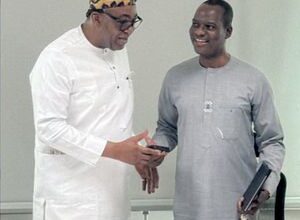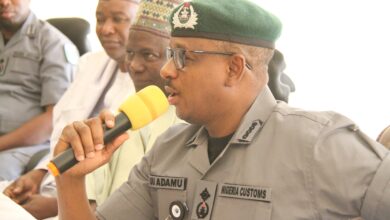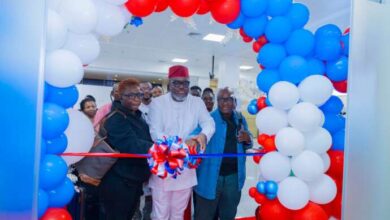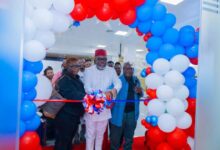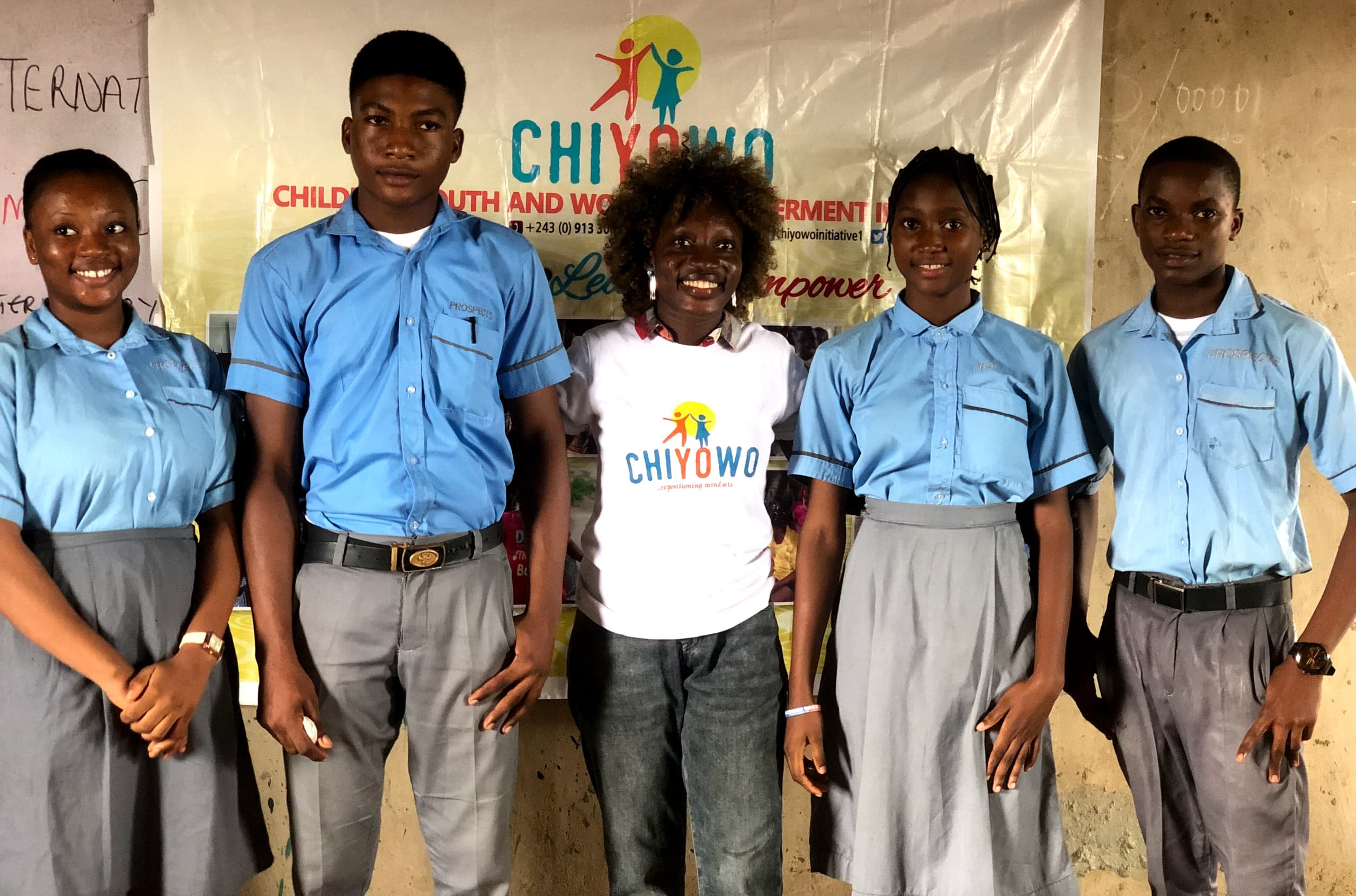
A group with special focus on promoting quality education for children and young adults, the Children Youth and Women Empowerment Initiative (ChiYoWo) has canvassed the need for the Federal and state governments to make policies aimed at adopting a multilingual education and literacy system in Nigeria.
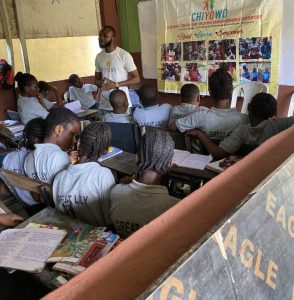 The group made the call during its panel events held at Lilly Child School in Lagos State and the Prospects Private School in Ogun State on the sidelines of the International Literacy Day 2024.
The group made the call during its panel events held at Lilly Child School in Lagos State and the Prospects Private School in Ogun State on the sidelines of the International Literacy Day 2024.
During the events with the theme: Promoting Multilingual Education: Literacy for Mutual Understanding and Peace, the group stressed the need to promote a multilingual education and literacy system if the country must achieve a peaceful and sustainable society.
Programmes Coordinator of ChiYoWo, Esther Temilade, who represented the Executive Director, Mrs. Tokunbo Ifaturoti at the events, said: “A multilingual education system and literacy programme will be a powerful tool to mould children’s character, reposition their mindsets, as well as promote peaceful society and drives socioeconomic development.”
She also noted that adopting and encouraging a multilingual society is important in ensuring unity, promoting communication and understanding, preserving cultural heritage, and driving socio-economic development.
Speaking further, she shared statistics from the United Nations Children Education Fund (UNICEF) which showed the literacy rate is about 59 percent with over 18 million out-of-school children.
Stressing how it has affected the growth and development of the nation, she urged the government at all levels to take urgent action in promoting literacy.
She also implored the government to invest heavily in the education sector and adjust its curriculum to encourage a multilingual education system.
During the panel discussions, the students took their turns to share their thoughts on the importance of promoting national languages in the education system and the relevance of foreign languages in education.
The students were also engaged in interactive activity sessions that allowed them to learn, network and speak their native languages and dialects in a bid to enhance their connection to their traditional and cultural heritage.





